Forty-four political parties will compete, but the projected frontrunner is the Pakistan Muslim League, led by three-time former premier Nawaz Sharif, who returned to Pakistan from exile last year.
Sharif is currently considered as the top contender to become prime minister, and analysts say his return comes with the backing of Pakistan’s powerful military establishment.
The Pakistan Peoples Party (PPP) led by Bilawal Bhutto Zardari, son of assassinated former prime minister Benazir Bhutto, could play the role of kingmaker if no single party wins enough seats to form a government outright.Mobile phone services across Pakistan have been suspended for a day as the country goes to the polls, the interior ministry said, citing the need to “maintain law and order.”
In a statement, a ministry spokesman said: “It has been decided to temporarily suspend the mobile service across the country.”
The build-up to Thursday’s election has seen an upturn in violence in Pakistan, including a bomb attack which left at least 26 people dead in Balochistan on Wednesday.
Pakistan’s former ambassador to the United Kingdom and the Ireland has said the bombings on the eve of the country’s parliamentary elections suggest a “collapse in law and order” and undermine efforts to establish a democratic process.
“These violent groups which are committing so much violence throughout Pakistan are very deliberately targeting the electoral process in order to disrupt what is happening,” Akbar Ahmed told DW.
“This causes a lot of dismay, anger and confusion, and just adds to the sense of the elections being a very, very difficult exercise — the violence, the lack of faith in the process, the general sense in the public that the elections may be rigged, may not be fair and free.”
Nevertheless, he said he saw Pakistan as “a nation determined to have elections,” something which he believes should be important to the West.
“[Pakistan is] a nation of 230-240 million people,” he said. “It’s the only nuclear country in the Muslim world. It had the first female Prime Minister. Geopolitically, it has India on one side, China on the other, and Iran and Afghanistan on its western borders.
“So, in spite of all the crises, in spite of the problems, I think the West should be encouraged that Pakistan is ensuring that elections take place as freely and fairly as possible.”
What are the issues?
Pakistan’s new government will have their work cut out for them, and foremost on any agenda will be addressing an ongoing economic crisis.
Pakistan currently faces high unemployment combined with skyrocketing prices of basic goods and energy.
This is compounded by political turmoil, with many voters saying they believe the contest has been decided in advance by Pakistan’s powerful military.
Voter apathy has been reflected in a lackluster campaign season in the run up to voting day.
Security issues are another problem, with militant attacks occurring at a greater frequency in recent months.
In the latest incident on Wednesday, two bombings in Balochistan province killed at least 26 people. An offshoot of the so-called “Islamic State” claimed responsibility for one of the blasts.
Authorities have said they are boosting security at polling booths following the attacks.
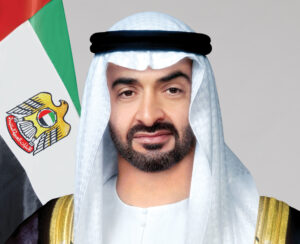

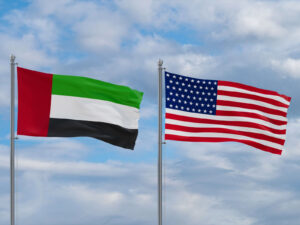
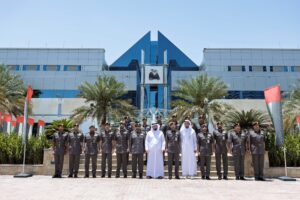


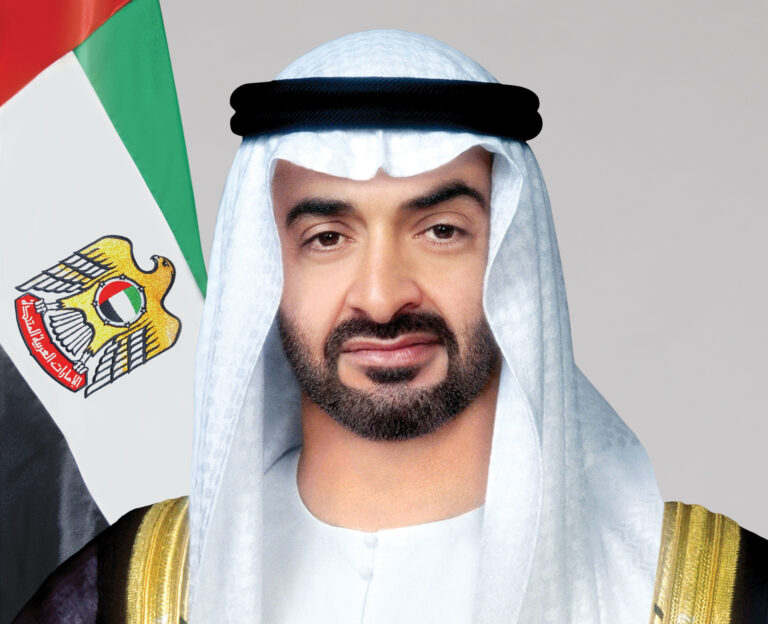

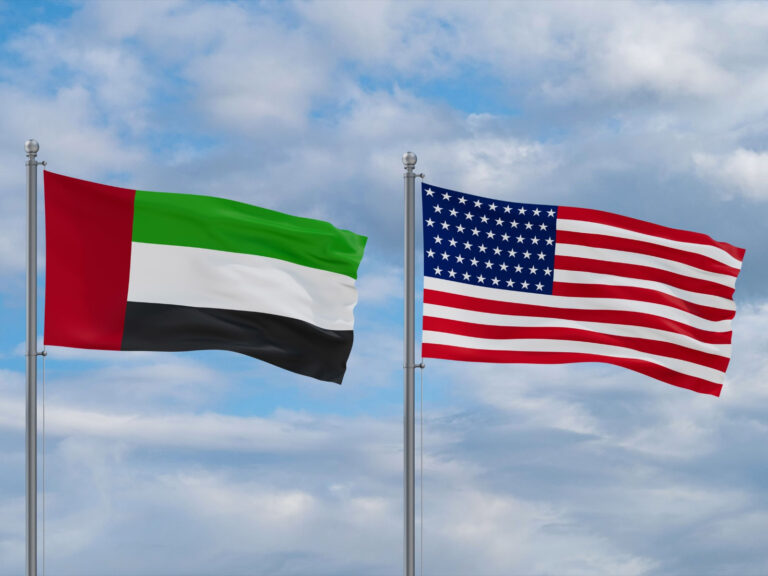

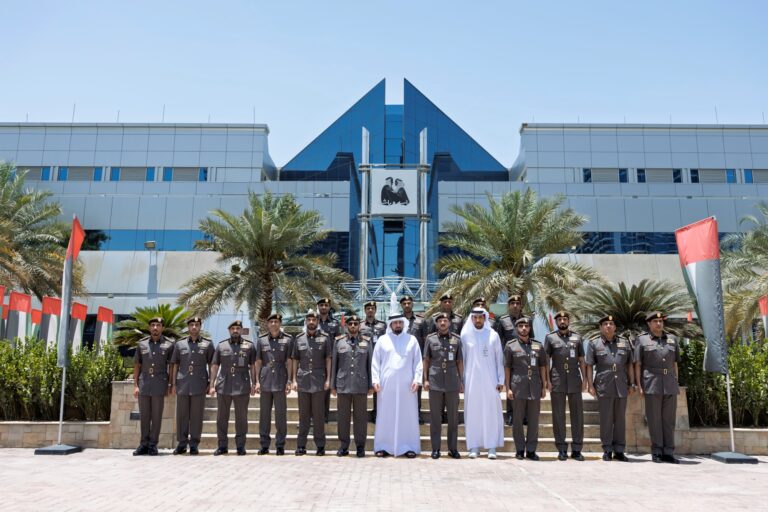
+ There are no comments
Add yours